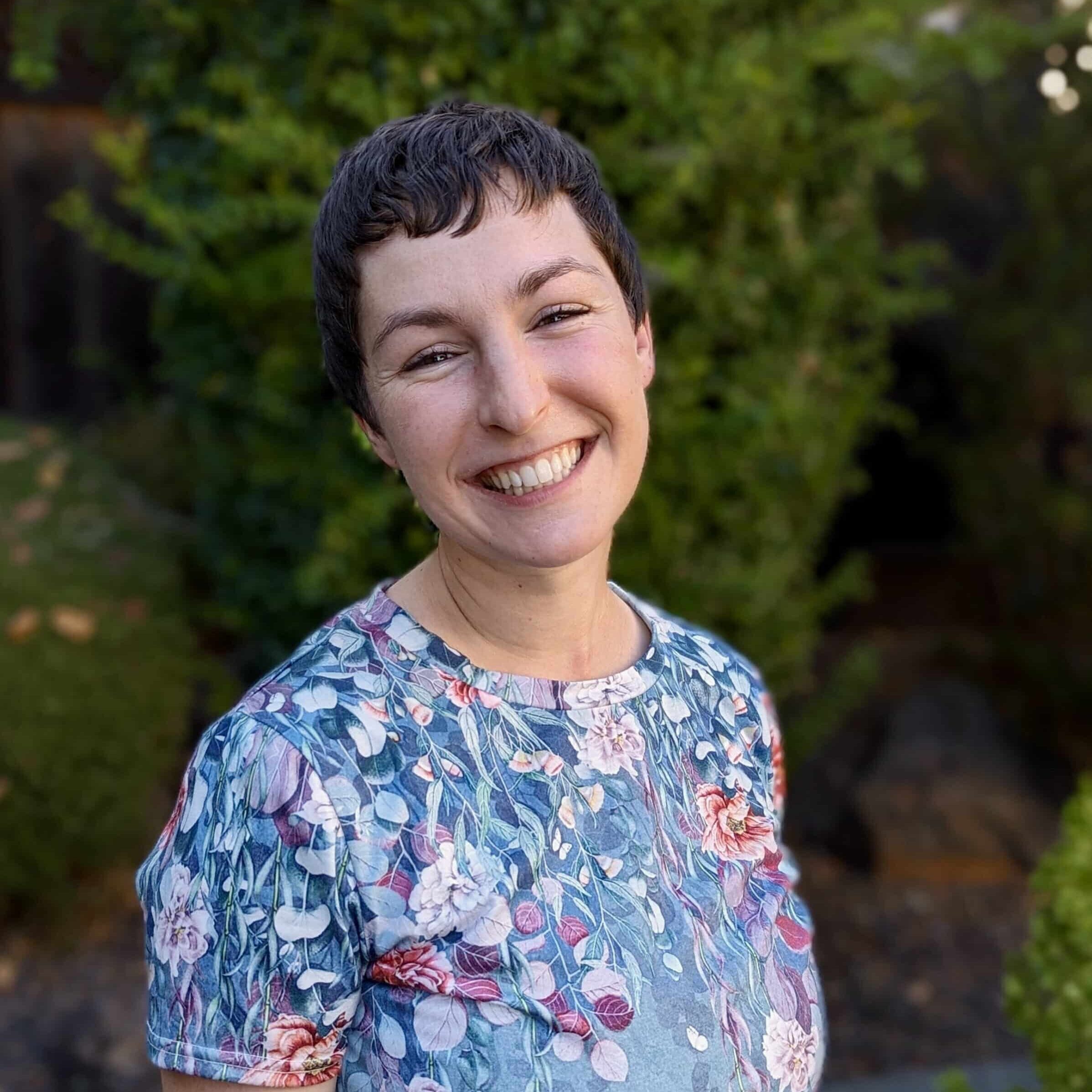Group Therapy has been proven to be the most effective therapy intervention, followed by Family Therapy, and last by Individual Therapy. Corner Canyon Health Centers’s program is built around this research and utilizes group therapy to help clients understand themselves and their behaviors, effect change, and help clients form lasting connections. The effectiveness of group therapy in the treatment of substance abuse and mental health concerns can be attributed to several factors associated with them, including depression and anxiety, isolation, denial, shame, temporary cognitive impairment, and character pathology (personality disorder, structural deficits, or an unintegrated sense of self). Whether a person abuses substances or not, these problems and others often respond better to group treatment than to individual therapy (Kanas 1982; Kanas and Barr 1983). Group therapy is also effective because people are fundamentally relational creatures. Corner Canyon utilizes:
Group therapy is a type of psychological therapy that is designed for a group of people. Usually, people in the group are dealing with similar mental health issues, like anxiety and addiction.
WHAT IS AN EXAMPLE OF GROUP THERAPY?
Examples of group therapy are for people experiencing mental health problems such as depression, eating disorders, PTSD, and much more.
At Corner Canyon, we understand and utilize the power of group therapy on a daily basis. More importantly, our group schedule is designed to be individualized, yet, create a cohesive and safe environment for all clients regardless of their clinical goals. Corner Canyon prides themselves on having groups that are run primarily by the clinical team. This creates a unique and dynamic experience for our clients, as they have the opportunity to work with and learn from our entire clinical team, aside from just meeting with their individual therapy twice a week.
This intentional approach to group therapy creates a positive and community driven atmosphere that all clients will benefit from. Having clinicians run the groups also encourages the clinicians to teach and integrate theories and skills in which they are truly passionate about. From group EMDR, DBT skills, and healthy relationship groups to equine therapy, life skills and recreational therapy there is something for everyone.
New research has been done that shows a direct correlation between work-based passion and how this increases positive outcomes for the learners.
This is incredibly valuable in the industry as it promotes creativity, curiosity and continues to expand the platform of alternative approaches to mental health treatment.
At Corner Canyon we strive for creating a place that everyone is comfortable and feels connected. This can also be viewed daily during meal times, where all the house staff, clinicians, program directors, clients and anyone else on campus enjoy healthy and delicious meals together. These meals alone could be viewed as a group therapy session! Being a relationship based program invites the belief that everyone is accepted here. Corner Canyon also believes that the support and connection should not stop once a client discharges from the residential program.
We offer both an extensive year long case management program and an Alumni program for prolonged continuation of care. At the end of the day Corner Canyon recognizes that at some point, everyone can use some help. We aim to honor that and support clients and families from the initial phone call to long after discharge.

